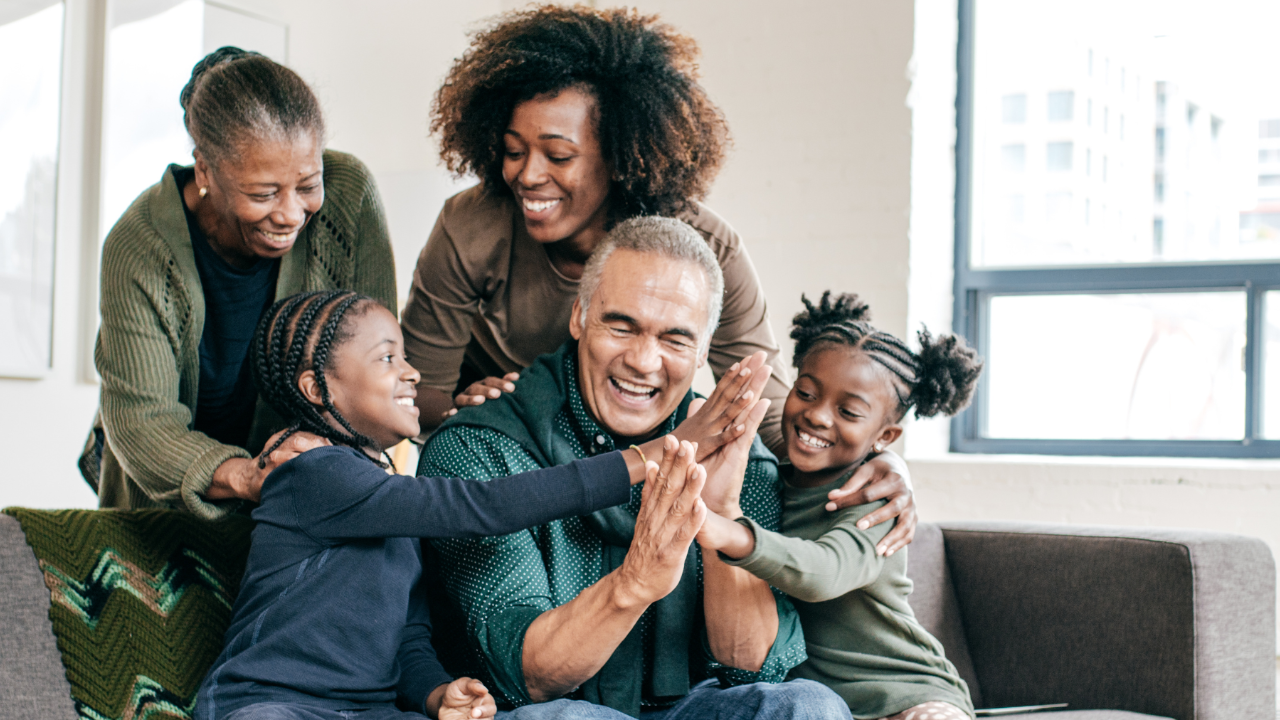How Your Childhood Shows Up in Your Parenting (and What You Can Do About It)

Have you ever had a moment where your child does something small—maybe they talk back, ignore you, or completely melt down—and your reaction feels way bigger than the situation calls for?
You might yell, shut down, feel a wave of shame or guilt, or even wonder, “Why did that get to me so much?”
If that sounds familiar, you’re not alone. And you’re not overreacting. What’s likely happening is that your past—especially your childhood experiences—is showing up in your parenting. It doesn’t mean you’re broken or failing. It just means you’re human.
We all carry stories from how we were raised. Some of them are beautiful, and some of them are painful. Some are so deeply ingrained we don’t even realize they’re shaping our reactions—until we become parents ourselves and our child pushes a button we didn’t even know we had.
For example, if you grew up in a home where emotions weren’t welcomed, your child’s big feelings might feel overwhelming or even threatening. If you were the “good kid” who always kept the peace, your child’s messiness, defiance, or intensity might spark panic or frustration. Your nervous system remembers those old patterns and does its best to keep you safe—even if the threat is long gone.
That’s why parenting can be so triggering. It’s not just about what’s happening in front of us—it’s also about what’s happening within us. And the good news is, once we notice those old patterns, we can start to shift them. Not with shame, but with compassion.
One way I like to understand this is by acknowledging that we have different parts. This model helps us see that we have many parts inside of us. Some parts are there to try and protect us and were created as ways to help us cope with difficult situations as we grew up. They might lash out, try to control, shut down, or even people-please. Other parts are younger, more vulnerable—they carry the pain or unmet needs from our past.
So when your child says, “You’re the worst mom ever!” and you feel that flood of emotion—rage, shame, hurt—that’s not all of you reacting. It’s a part of you. Maybe a protector that learned long ago to shield you from rejection. Maybe a younger part that felt unseen or unlovable.
And here’s the most powerful part: these parts aren’t bad. They’re trying to help. But sometimes, they’re using strategies that worked back then, but don’t really work for us as adults—especially when we’re trying to parent with intention and connection.
The first step is just noticing. When you feel triggered, pause and gently ask yourself, “What part of me is showing up right now?” That pause alone is powerful. It creates space to step into your grounded, compassionate self—the one who can parent with calm, clarity, and care.
If that feels hard, you’re not doing it wrong. This work takes practice. Here are a first step that can help:
Notice your reaction without judging it. Just be curious. Ask yourself what’s underneath it—what emotion or memory it might be tied to. Then, take a moment to regulate your nervous system. Step away, take a breath, sip some water. Let your body know it’s safe.
Later, if things didn’t go how you hoped, it’s okay. Come back and repair. “I didn’t show up the way I wanted to earlier. Let’s try again.” That repair is what builds trust and connection.
You’re not failing. You’re growing. And every time you choose awareness over auto-pilot, every time you soften toward yourself, you’re doing the deeper work—not just for your child, but for yourself as well.
Your child doesn’t need a perfect parent. They need you—present, human, and willing to try again.
You don’t have to do this alone. If this resonated with you, I invite you to listen to the full podcast episode here or join The Connected Blueprint, where we dig deeper into this kind of self-awareness, regulation, and support in a shame-free space. You deserve support, too.
Complimentary Resource:
HOW TO STOP YELLING
This is a pre-recorded video workshop to help parents to decrease their stress and reactivity leading to less yelling at their kids.
Topics covered include:
- 5 easy steps to train our brain to be less reactive
- how to decrease reactivity overall and in the moment
- how to set limits without punishment
- how to respond when your children misbehave
- how to de-escalate the situation when your child is upset
